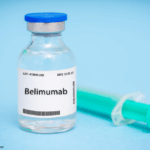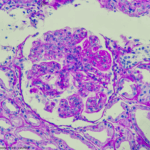Lupus has always had a reputation for being a wild, unrestrained and enigmatic entity. In fact, the very name lupus comes from the Latin word for wolf, a gift from our Roman predecessors who saw a resemblance between lupus rashes and a wolf’s bite. Given the limitations of immunology back then, it is an incredibly…









